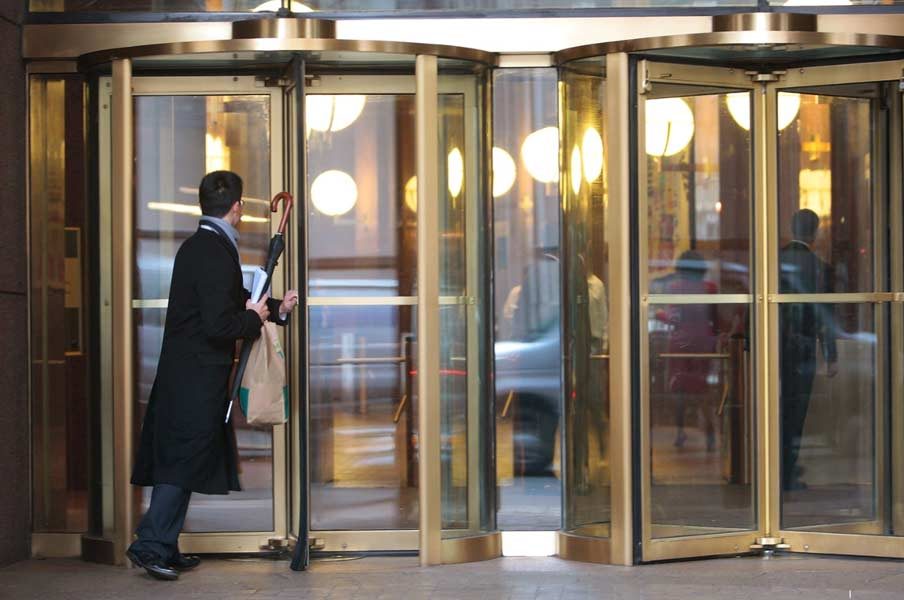In 2020, the working world was plunged into a new period of uncertainty due to the global spread of the COVID-19 virus. Beyond key workers, the vast majority of employees were asked to work from the safety of their own homes, utilizing services such as Zoom and Slack to conduct meetings and business that was once done face-to-face. However, as we gain a greater hold on the COVID pandemic by the day, some large companies are now urging employees to make the return to office life.
Unfortunately, this transition was not as smooth as the CEO of Goldman Sachs, David Solomon, had envisaged. Despite a new hybrid trend of remote work and in-person business, which was accelerated by the pandemic, Solomon demanded that all his employees return to the office full-time. The executive claimed remote work is ‘not ideal for us, and it is not the new normal,’ adding that it was ‘an aberration that we’re going to correct as quickly as possible.’
However, when the Goldman Sachs US office reopened in February following the Omicron wave, only 50% of employees returned to the New York headquarters, leaving around 5,000 still at home. This trend has been seen across Wall Street in recent months, with JPMorgan Chase and Morgan Stanley also taking firm stances on employee returns.
However, some other large companies are taking a very different view of the situation. As the modern working world was trending towards remote and hybrid work even before the emergence of the COVID pandemic, some view it as an inevitable movement, as well as an attractive one. According to FlexJobs, 97% of surveyed workers wanted some form of remote working opportunity in their current job. As such, Mercer found that 70% of companies are now looking to adopt a hybrid model. Companies such as Citigroup and UBS reportedly believe the pandemic has permanently changed the way in which we work, and hybrid opportunities are now a prevalent attraction for new employees.
FlexJobs claim that 24% of people would take a pay cut to work remotely, while 58% would look for a new job if their current role did not offer remote opportunities. In fact, remote workers are allegedly 35-40% more productive than those working in an office. Working from home is also said to have a positive impact on mental health.
However, Peter Cappelli, a professor at the University of Pennsylvania’s Wharton School of Business, has still predicted a ‘stampede’ of other businesses following in Goldman Sachs and Solomon’s footsteps. He claimed: “Most companies are watching what others are doing before committing to their RTO plans. Nobody wants to make the first move – but now that you see a large, well-known company say it’s time to come back to the office, I think we’ll see more of a stampede of others doing the same.”
Despite this, as seen with the Goldman Sachs reopening, it appears some employees are choosing to vote with their feet amidst calls for a return to the ways of old.
Like what we have to say? Sign up to subscribe to email alerts and you’ll never miss a post.










